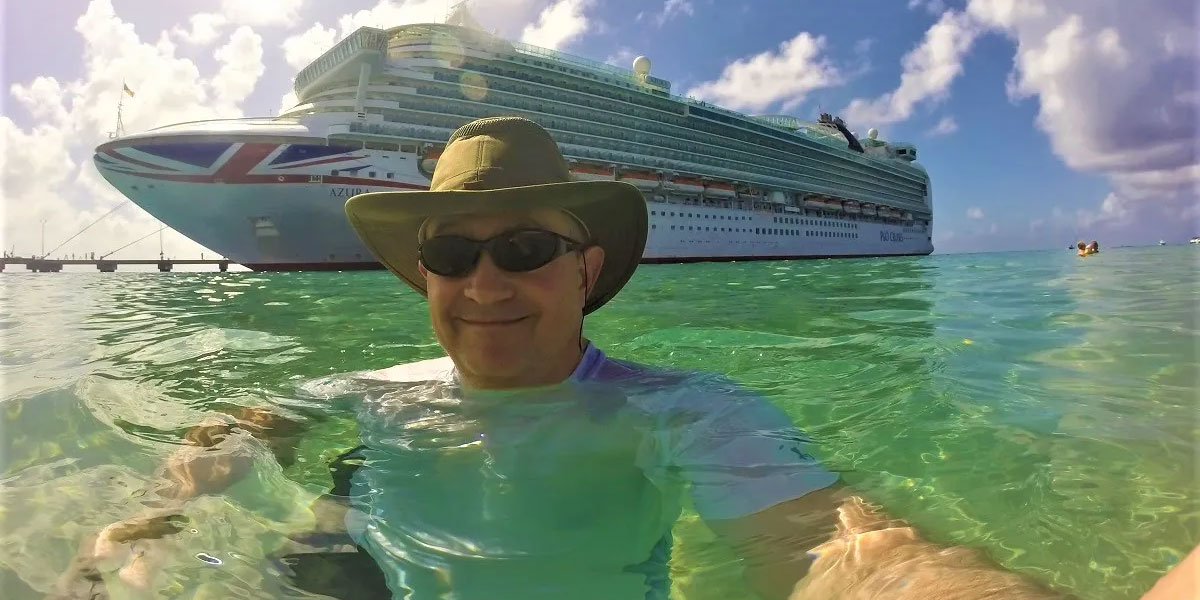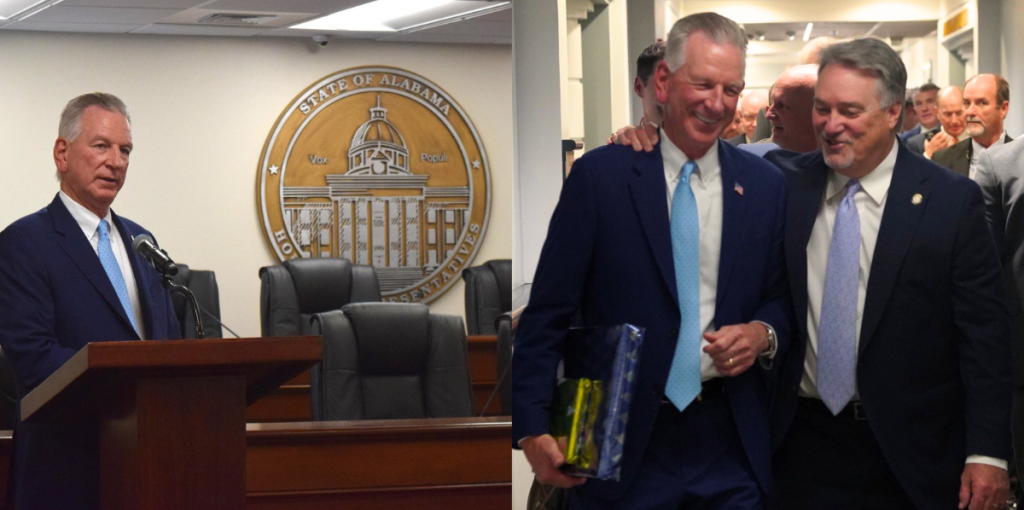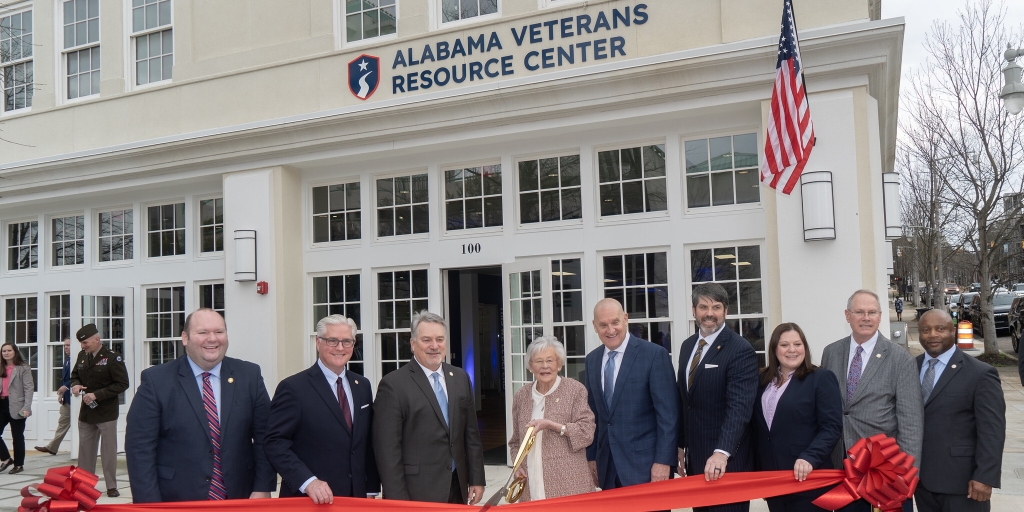What began as a whim became a worldwide whirlwind for Danny Smith.
A native of landlocked Birmingham, Smith four years ago spotted a job opening at the British affiliate of Carnival Corp., the cruise ship company. It was for a newly created position: fleet environmental officer.
Next thing you know, Smith is in Southampton, England, boarding the Queen Victoria of the famed Cunard line, one of Carnival’s nine global cruise ship brands. It was the first time Smith ever set foot on a cruise ship.
“I really love what I do. It’s totally different from the utility world,” said Smith, a former environmental services director at Alagasco, now known as Spire.
Much of Smith’s training and background made him an ideal fit for the Carnival job, which involved overseeing environmental compliance and sustainability efforts for Carnival UK’s Cunard and P&O Cruise lines. Smith is both a registered professional engineer and a lawyer, with a master’s degree in Environmental Management (MSEM) from Samford University and a doctorate in Interdisciplinary Engineering from UAB. He was also a longtime adjunct professor in Samford’s MSEM program and has taught environmental law at the Birmingham School of Law.
In his work with Carnival UK, Smith worked closely with each ship’s environmental officer, as well as the captain and chief engineer, to help the team meet a myriad of environmental regulations, reduce waste, and cut air and water emissions. As Smith explained, cruise ships are essentially “floating cities.” The crew has to deal with all the environmental challenges that come with housing and feeding – and properly storing and disposing all the byproducts – that come from thousands of people spending days or even weeks together on the seas. What’s more, there are all the environmental rules and emissions limits that come with operating all the equipment on the ship, including the engines, the heating and cooling systems, plus the materials and fuel needed to operate a gigantic cruise ship.
Indeed, Smith said, the environmental rules and reporting requirements can be different in every country or port of call a cruise ship enters. In other words, it’s complicated.
Smith’s typical work routine involved spending a month abroad and a month at home in Birmingham. While overseas, he usually spent a few days in the Southampton offices and two weeks aboard each ship, following a tightly wound schedule to streamline travel time and costs.
For example, he might fly from Birmingham to New York to board the Queen Mary 2 to England, then spend a week in the Southampton office. Next, he’d hop on another Carnival UK ship headed to the Mediterranean before boarding a flight home from one of the ship’s port calls.
Over three years, Smith has cruised to places as distinct as New Zealand and Hawaii, Samoa and the Panama Canal, Norway, St. Petersburg in Russia and Spain. He stopped in Gibraltar so many times, “I got to know all the shops as well as I know the stores in Birmingham,” he said.
One of the most rewarding parts of the work, Smith said, was meeting people from all across the globe. Indeed, he would often go weeks without ever encountering another American, he said.
“The staff and the crew – they could be from India or the Philippines, from Europe, from the Slavic countries. You get to interact with people from so many different cultures and learn about their lives.”
On the flip side, almost everyone Smith encountered had never visited Alabama, and they had “some pretty bizarre, stereotypical views” of the Yellowhammer state. “It was great to be able to explain to them how beautiful Alabama is,” he said.
Smith recently shifted positions, moving from Carnival UK to Carnival Corp., headquartered in Miami. He now supports the senior vice president in charge of environmental compliance for all of Carnival Corp.’s nine brands. Still based in Birmingham, Smith’s new post is wide-ranging, from tracking environmental policy issues to helping find better ways for the company to be more sustainable in its practices and operations. There won’t be quite as much traveling, he said, although visiting Carnival ships will still be part of the task list, supporting continuous improvement of the company’s environmental track record.
Smith also owns an environmental consulting company, although most of his energy is devoted to his full-time employer. He also is active in efforts to make the Birmingham region greener and more sustainable. He has served on the board of several organizations, including the nonprofit Freshwater Land Trust, Ruffner Mountain nature preserve and the Red Mountain Park Commission.
Of course, COVID-19 has had a tremendous impact on the cruise ship industry, with many companies suspending bookings for a time. Many cruise ships have resumed sailing again with increased safety protocols and protections.
In a recent environmental journal article, Smith and a co-author wrote in detail about navigating the challenges of environmental compliance and sustainability in the cruise industry. He said the surge in travel this summer shows that people are eager to hit the road, or the seas, again and to do it in a safe and sustainable way.
“One might ask whether exploring the world by cruise ship is sustainable in our modern world. Perhaps the better question would be to ask whether our world is socially sustainable without the international travel that the cruise industry provides,” Smith and co-author Denita L. Jones wrote in the American Bar Association’s journal – Natural Resources & Environment.
“Travel opens our eyes, ears and hearts to other cultures. It helps us realize that we are actually more alike than we are different.
“Without travel, we tend to become more isolated and nationalist in our thinking. Travel is the only expense that makes you richer.”
(Courtesy of Alabama NewsCenter)













